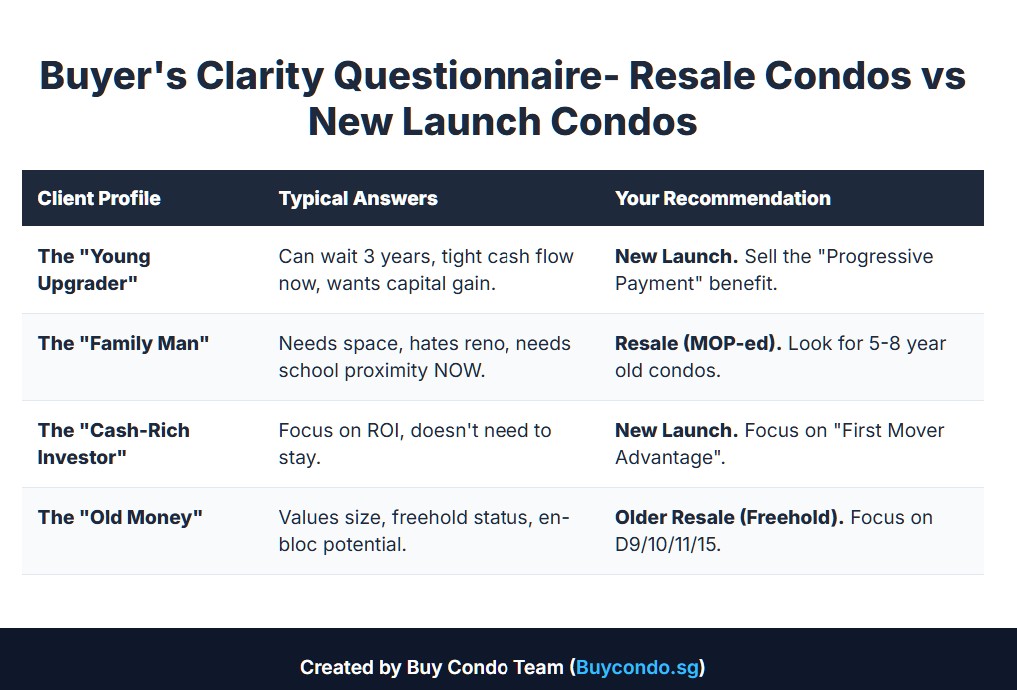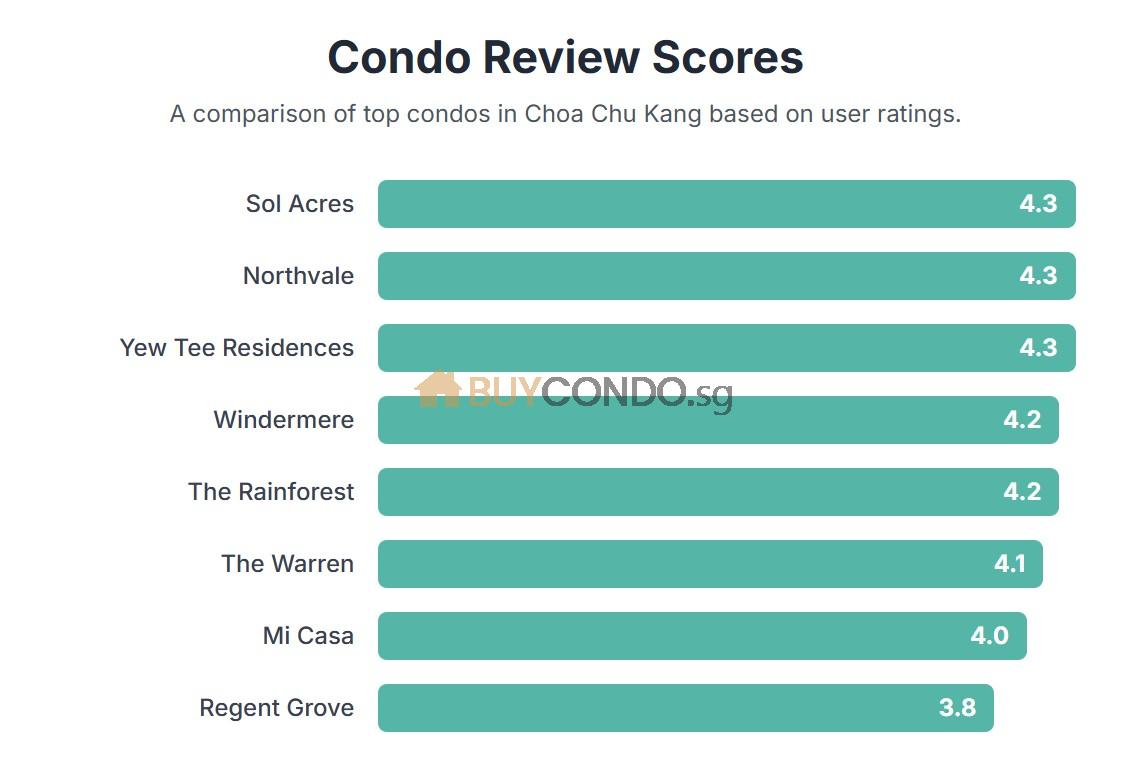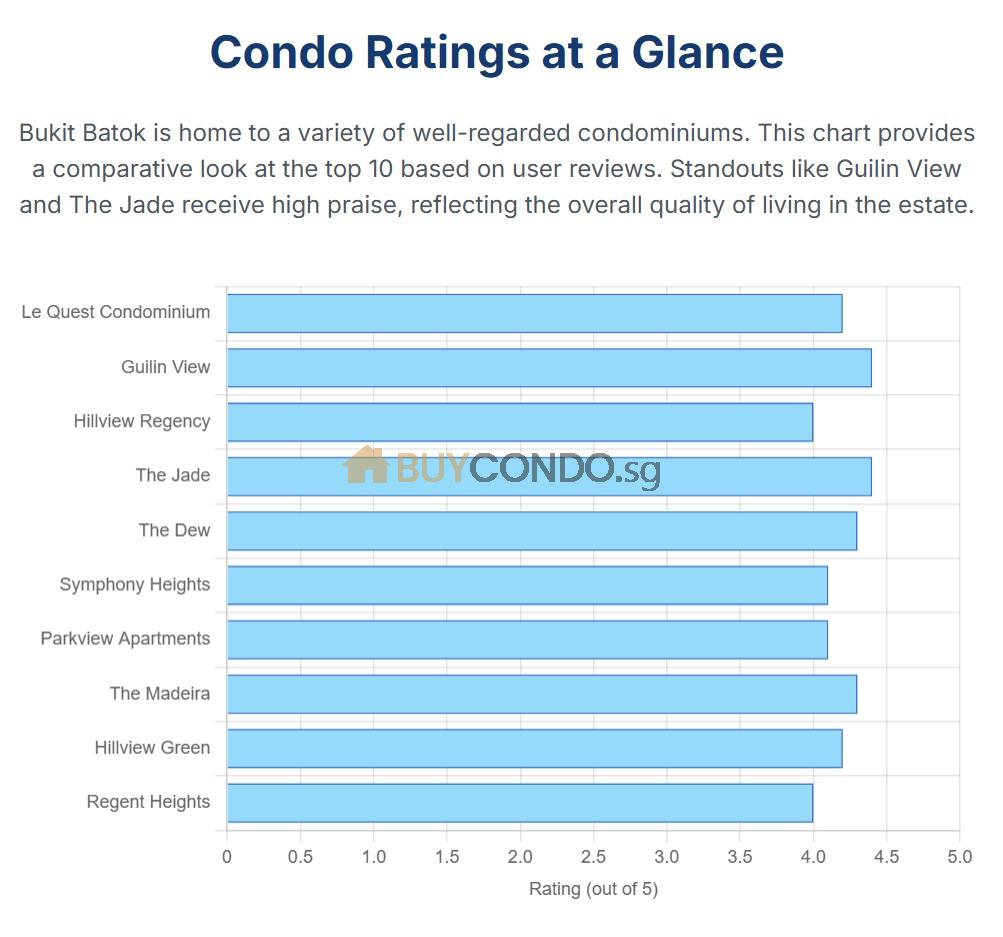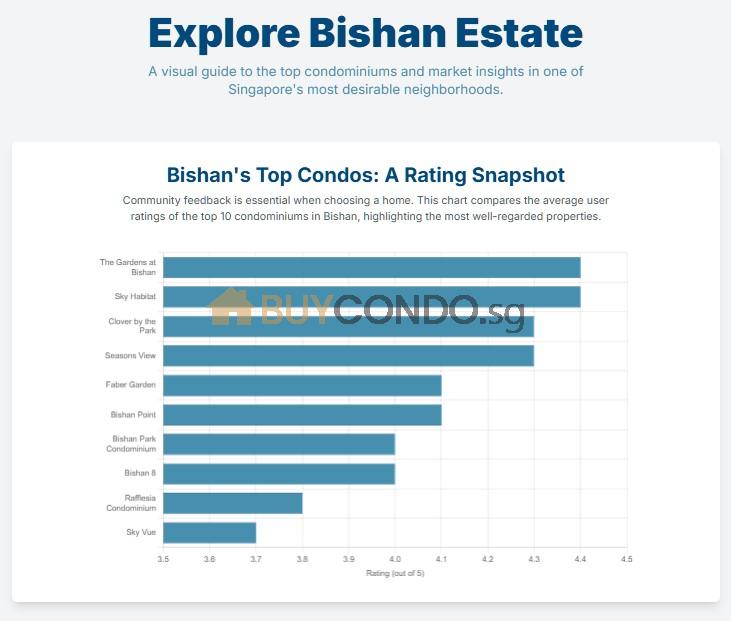Can IPA Holders Enter into a Tenancy Agreement in Singapore?
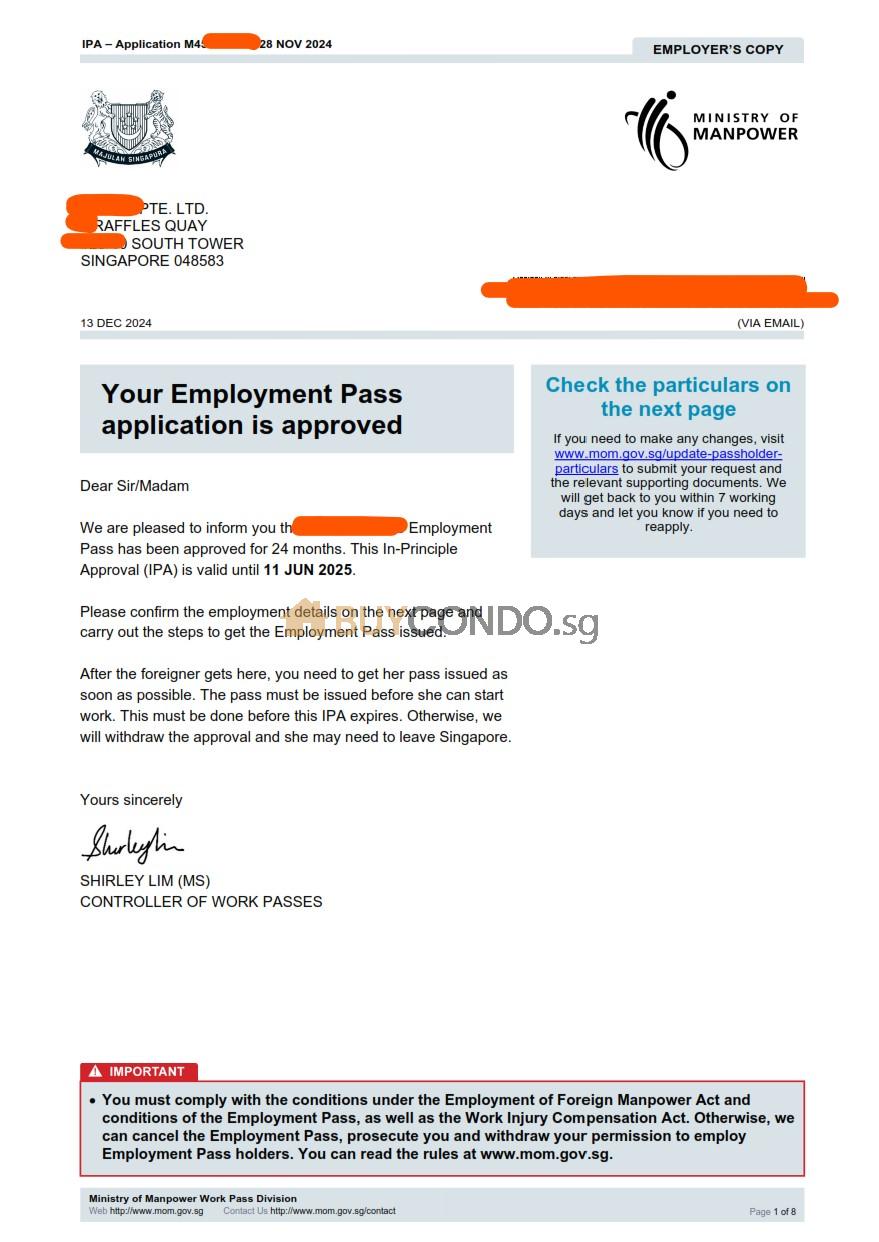
I frequently encounter questions about IPA holders and tenancy agreements as we provide property management services. Today, I want to address one of the most common queries that reach our leadership and compliance department: Can individuals holding an In-Principle Approval (IPA), or even those with social visit passes, legally enter into tenancy agreements with landlords in Singapore?
Let me share my insights and experience on handling these situations effectively.
Understanding IPA and Official Guidelines
I’ve closely studied the CEA’s guidelines on this matter. While they initially state they don’t recommend using IPA letters for tenancy agreements, I’ve learned through our interactions with various authorities and our submitted white papers that there are specific requirements agents must follow if proceeding with IPA holders.
IPA Document What you expect to see
Employment Pass (EP) In-Principle Approval (IPA) document from Singapore’s Ministry of Manpower (MOM)
1. Application Reference Number
Date Information
Document Classification (Employer’s Copy)
2. Main Sections
Approval Notice
Validity Period
Important Notices
Official Signatory
Required Actions
Before Arrival Steps
After Arrival Steps
Document Requirements
Applicant Details Section
Personal Information Fields
Employment Information Fields
Passport/Travel Document Fields
Education Details Section
Multiple Education Records
Institution Information
Qualification Details
Study Period Information
Employment Details Section
Employer Information
Salary Components
Position Details
Declaration Forms
Part I: Foreigner’s Declaration
Personal Declarations
Health Declarations
Legal Declarations
Consent Clauses
Part II: Employer’s Declaration
Company Responsibilities
Legal Obligations
Compliance Requirements
Authorization Details
Ministry Contact Details
Reference Numbers
This document follows MOM’s standard format for Employment Pass IPAs and contains approximately 8 pages of structured information.
Social Visit Pass Considerations
In my experience dealing with social visit pass holders, I always emphasize the strict rental duration requirements we have in Singapore. I make it clear to my clients that:
For private properties, we’re looking at a minimum rental period of 3 months
When it comes to HDB properties, the minimum extends to 6 months
I always advise my clients that if a social visit pass holder’s permitted stay is shorter than these minimums, we simply cannot proceed with a rental agreement. It’s not legally viable since they can’t reside here for the required duration.
My Approach to Agent Responsibilities
When I handle these cases, I follow a systematic approach. Whether I’m representing a landlord or tenant, I ensure complete transparency about the situation. For landlords, I present all aspects of the tenant’s status clearly. For tenants, I make sure they understand all requirements before proceeding.
Essential Documentation Process
From my years of experience, I’ve developed a thorough documentation process that I recommend all agents follow.
When dealing with the Women’s Charter Checklist document (PDF linked to CEA), I always:
Make a clear note when only IPA is available
Document that verification is pending until the actual pass is issued
Follow up diligently on MOM/ICA verifications once the pass is obtained
Critical Elements in Agreements
In my practice, I ensure every Letter of Intent (LOI) clearly states:
The tenant’s current IPA status
A specific timeline for obtaining the actual pass
What happens if the pass isn’t obtained
Clear terms about the security deposit
Specific conditions about moving in
Managing Risks and Negotiations
I always facilitate upfront discussions between parties about:
The landlord’s understanding and acceptance of risks
How long they’re willing to wait for pass issuance
What happens if the pass application fails
Security deposit handling
Move-in timing decisions
My Ongoing Commitment
I don’t just stop at the agreement signing. I maintain active involvement by:
Following up regularly on pass status
Verifying all documentation once the pass is issued
Providing necessary copies to all parties
Maintaining detailed records
Concluding Thoughts – Can IPA Holders Enter into a Tenancy Agreement in Singapore?
In my professional experience, handling tenancy agreements with IPA holders requires extra attention, and successful transactions are possible with the right approach. I’ve found that the key to success lies in maintaining transparent communication and thorough documentation throughout the process.
As a property professional, I believe this careful approach ensures compliance and builds lasting trust with clients. I’ve seen how properly handling these situations can lead to smooth transactions and satisfied clients.
I always believe in real estate, especially when dealing with IPA holders; it’s not just about closing the deal – it’s about ensuring every party is protected and informed throughout the process. This approach has served me well in my practice and has helped countless clients navigate these complex situations successfully. It takes experience and effort to manage and maintain the compliance requirements, if you are a property owner let me deal it for you.







